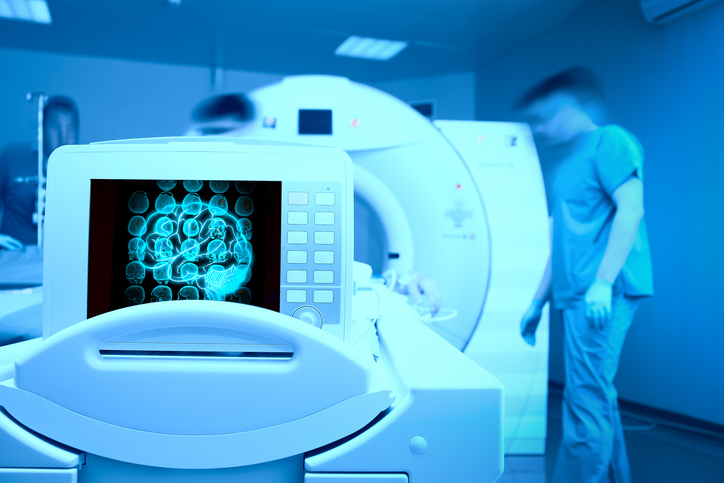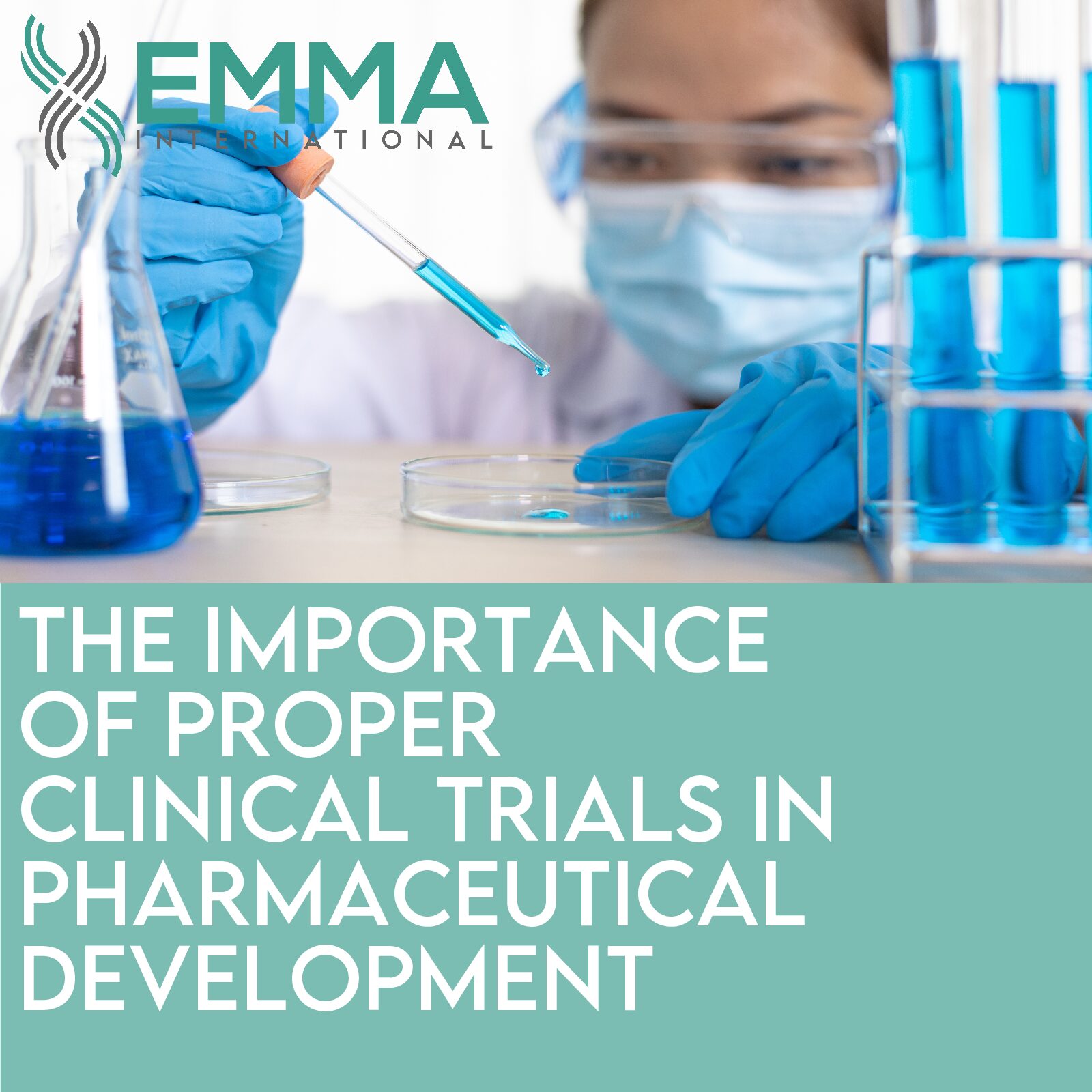Radiopharmaceuticals are a category of drugs that are formulated using radioisotopes to diagnose and/or treat a medical condition.[1] Radioisotopes are the unstable form of an element that emits radiation to become a more stable form; the emission of radiation in certain dosage forms makes radioisotopes invaluable to the field of healthcare. For example, Technetium-99m, or 99mTC, emits gamma radiation and has a short half-life of only 6 hours so it is ideal for diagnostic applications.
So, this relatively new technology begs the question, how exactly do you regulate radiopharmaceuticals? Of course, traditional pharmaceuticals are regulated under 21 CFR § 210 and 211; but do those regulations cover all the safety and effectiveness concerns of radioisotopes? Due to the additional risks that are not present for traditional drugs, radiopharmaceuticals are regulated under a combination of various CFR’s. These include 21 CFR § 315, 601, and 211[2]. There are additional GMP considerations that must be considered when producing a radiopharmaceutical such as half-life measurements, radionuclide purity, testing for bacterial endotoxins, as well as beefed-up requirements for things like labeling and sanitation.
The pre-market pathways are the same for radiopharmaceuticals as they are for any other medical product: device, drug, or biologic. Depending on the technology and indications for use, radiopharmaceuticals must follow traditional device submissions, NDAs, or BLAs. Of course, as noted above, several additional factors must be considered when bringing a radiopharmaceutical to market that sponsors traditionally would not include in the premarket submissions.
Radiopharmaceuticals are a part of a growing sector of the healthcare industry known as Nuclear Medicine. Although Nuclear Medicine started growing in popularity in the early 2000s, there has been a recent push to study how radiopharmaceuticals, specifically, are regulated. EMMA International has the quality, regulatory, and compliance expertise to stay on top of emerging FDA trends. From developing a quality management system to assisting with regulatory submissions, EMMA can help bring your medical product from concept to commercialization. Give us a call at 248-987-4497 or email info@emmainternational.com to get in touch with our team of experts today.
[1] WHO (Nov 2008) Radiopharmaceuticals retrieved on 10/3/2021 from: https://www.who.int/medicines/publications/pharmacopoeia/Radgenmono.pdf
[2] FDA (June 2004) Developing Medical Imaging Drug and Biological Products retrieved on 10/03/2021 from: https://www.fda.gov/media/72295/download






